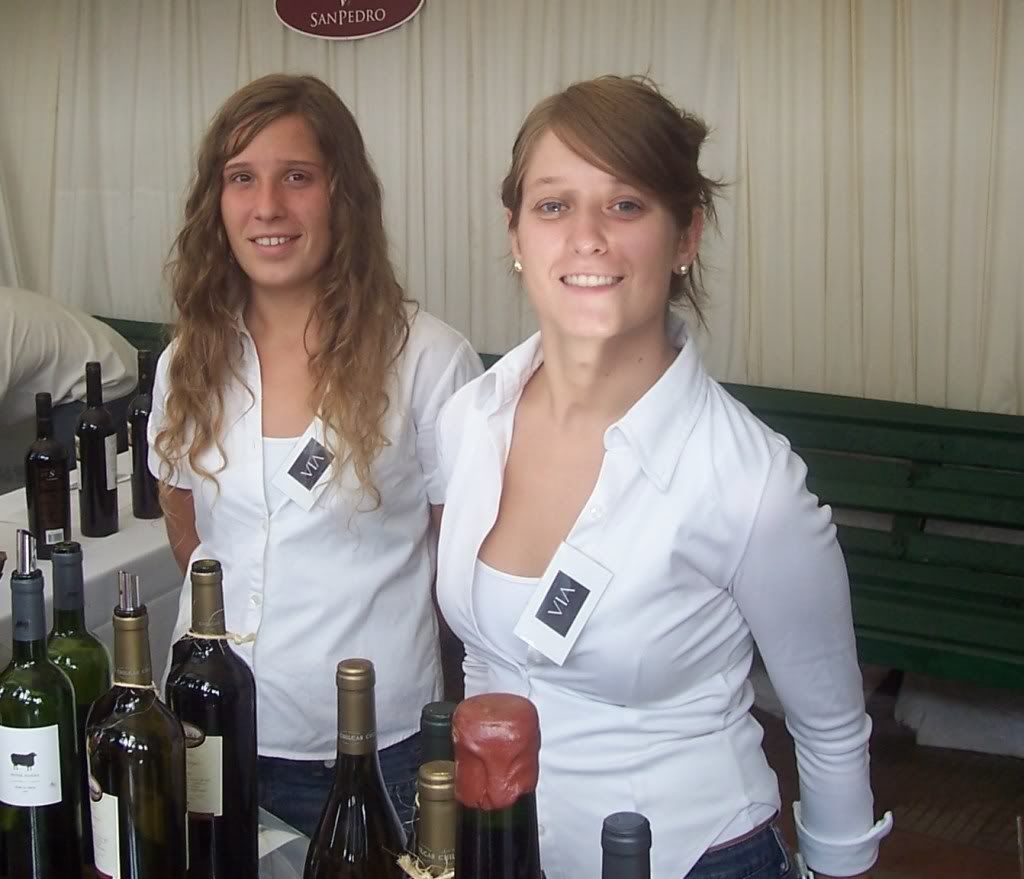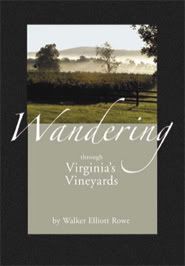The Willard – originally built in `1815 and rebuilt twice since – sits like an anchor on one end of
When Henry Willard bought the property in 1850, the hotel's history as a major force in the social and political life of
The Residence of Presidents
Called “The Residence of Presidents,” the hotel has hosted every president, as a sleeping guest or a guest at a social function, from Franklin Pierce in 1853 to Dwight Eisenhower in the 1950s.
In 1861, rumors of assassination prompted the Pinkerton detectives to hide President Abraham Lincoln at the Willard.
Time magazine reports that the Willard placed a leather chair in a secluded part of the lobby for President Ulysses Grant. Grant often used the Willard lobby as a refuge from the daily pressures of the White House. Still Grant, while enjoying his brandy and cigars, was pestered by people seeking the president’s ear. President Grant coined a word that endures today when he labeled this uninvited entourage of would-be power brokers “lobbyists.”
The Willard became the official presidential residence for nearly a month in 1923. Calvin Coolidge took up residence at the hotel while he was vice-president and remained there while the newly widowed Mrs. Warren Harding packed her belongings. The presidential flag flew in front of the hotel during that time. That same flag was flown when President Reagan was a dinner guest at the Willard Inter-Continental in September 1986.
In 1916, Woodrow Wilson held the meetings of the League to Enforce Peace, the predecessor to the
Historical Significance
In 1853, Commodore Matthew Perry sailed his fleet to
These foreign guests caused great excitement in the
The Japanese did not use pillows but preferred a block of wood. One Japanese official could not find his block of wood, so he used a white ceramic bowl instead. In the morning, the stewards were shocked to see the Japanese sleeping with his head on a chamber pot.
The Willard has also witnessed war. In 1859, Jefferson Davis, soon-to-be president of the Confederacy, attended a party at the hotel with 1,800 guests. Garnett Laidlaw Eskew, in his book Willard’s of Washington, writes this was the last party attended by Northern and Southern leaders before the American Civil War broke out. Later the hotel was the site of the Peace Conference from
Most American children know by hear the lines, “mine eyes have seen the glory of the coming of the Lord,” from “The Battle Hymn of the Republic.” In 1861, Julia Ward Howe, playwright, poet, and essayist, wrote the words to this anthem on
Notable Guests
When Charles Dickens made a voyage to the Untied States in 1842, he stayed at the
According to Smithsonian magazine, when Mark Twain stayed there he promenaded about, accompanied “by a horde of twittering females.” Statesman and orator Henry Clay mixed the first mint julep in
The Willard also played host to these famous guests: Emily Dickinson, Jenny Lind, P.T. Barnum, Walt Whitman, Tom Thumb, Samuel Morse, the Duke of Windsor, Flo Ziegfield, Harry Houdini, the Barrymores, Mae West, Gloria Swanson and Gypsy Rose Lee.
The Willard family sold their interest in the hotel in 1946. The hotel continued to operate until July 1968 when its doors were closed. The renovated Willard Inter-Continental Hotel opened in 1986 after the building lay empty for 18 years.






No comments:
Post a Comment